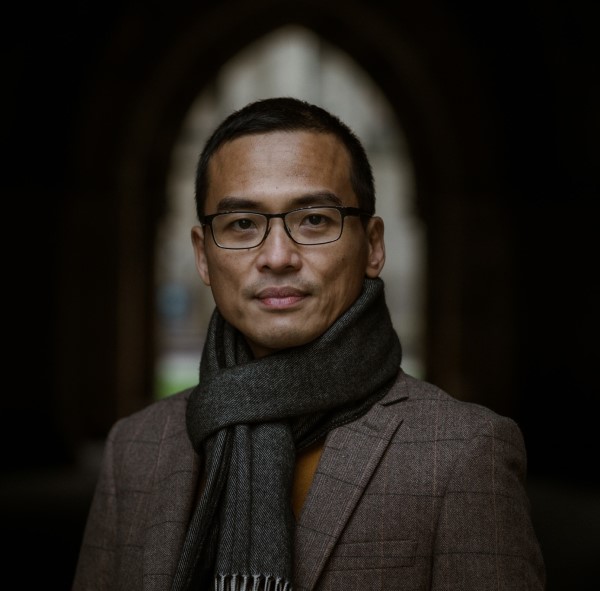Q: What’s the nature of your project and what are you looking to achieve?
Funders, policy makers, and services providers need to demonstrate that their programmes achieve their expected impact, are cost-effective, and work as intended. Our social enterprise supports stakeholders to improve their evaluation activities as well as the design and implementation of their interventions by using a decision-making tool called ‘Evaluability Assessment’ (EA). EA is a systematic, collaborative, and cost-effective way of deciding whether a programme or policy can be evaluated and how. EA clarifies thinking and manages expectations of a variety of stakeholders about an intervention’s objectives.
Q: What’s your background and why did you decide to focus on this idea?
I am a Political Scientist with an interest in the development, implementation, and evaluation of complex interventions in health, social and environmental policy domains. I firmly believe that evaluation literacy in the policy and programme community needs to be strengthened so that we can maximise the impact of interventions that benefit society. EA is a very accessible tool that can support this learning.
Q: What were you hoping to get out of the SUCCESS programme?
I hoped to learn new skills and knowledge about how to commercialise my research on evaluability assessment. I think commercialisation in academia is not well understood and may have negative connotations among social scientists. I hoped to discover for myself what commercialisation was all about. Most of all, I hoped to make new friends and collaborators along the way!
Q: What has been the most useful part of the programme?
The programme has helped me to start the business. It has also challenged my own thinking about my research, and also how we do social science research in academia more generally. Specifically, I learnt a lot about how to be pragmatic, adaptive/innovative, and customer/user-facing in applied research. These are things which I think we can improve on as academics. I have also gained many brilliant and helpful colleagues.
Q: What have you learned through the programme that you will bring back to your research?
I am currently writing guidance on evaluability assessment for funders, policy-makers and service providers. The SUCCESS programme has taught me how to better focus and address the needs and challenges of my potential clients. This learning will help me to produce guidance that will better meet the needs of these stakeholders.




